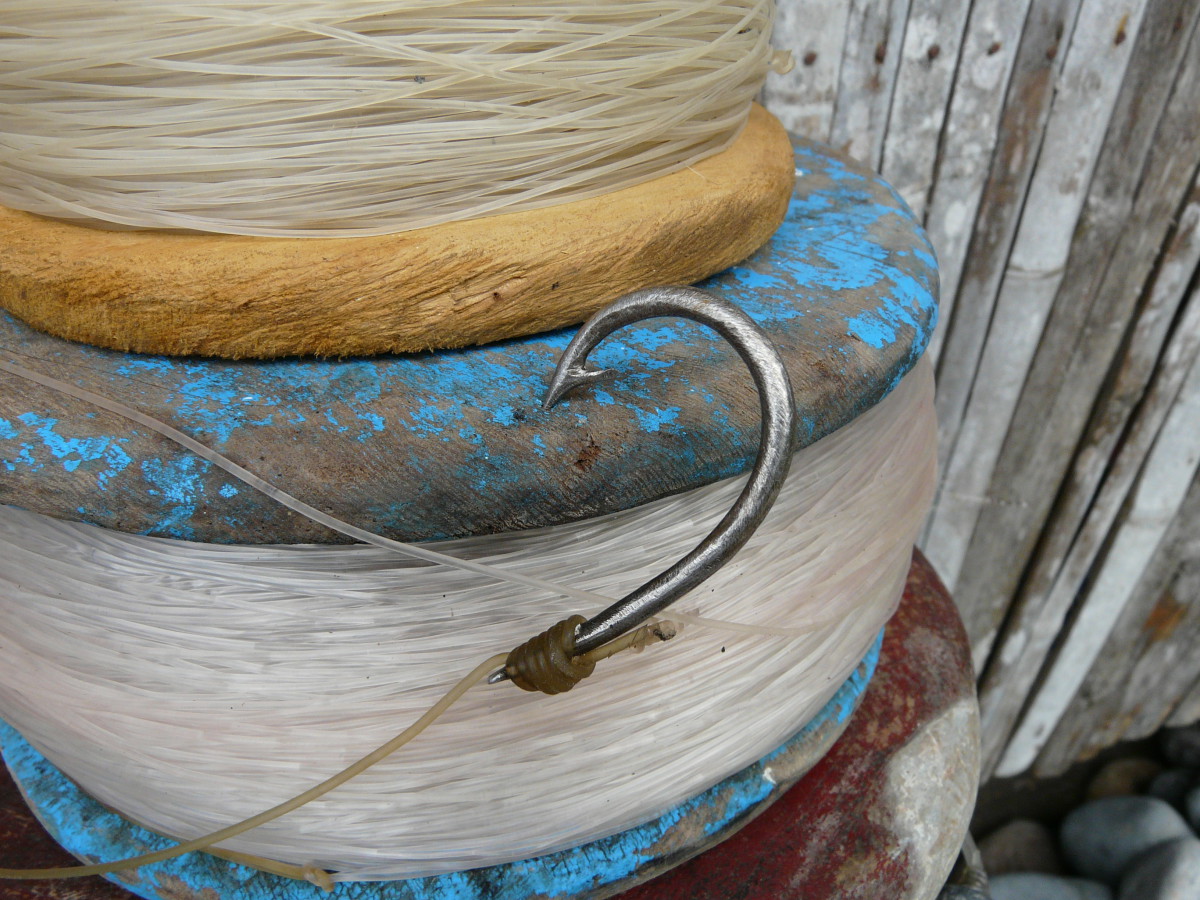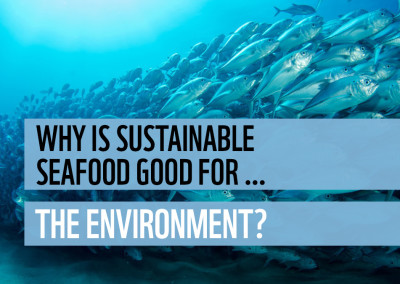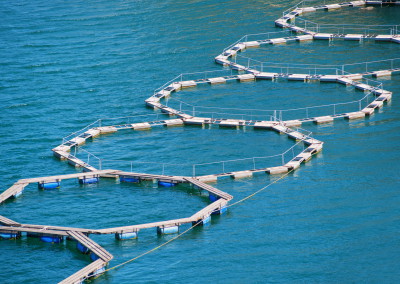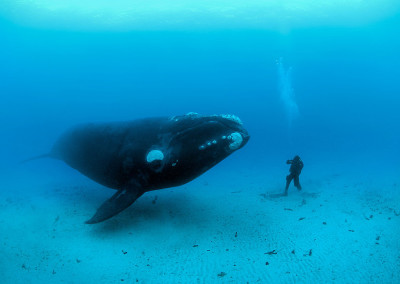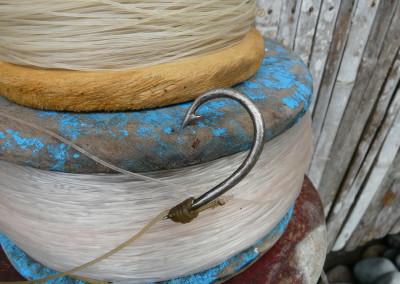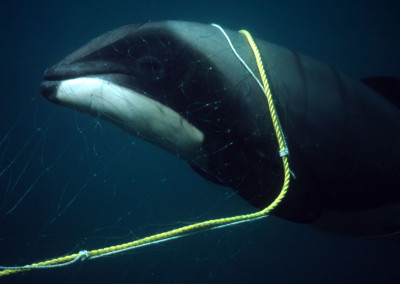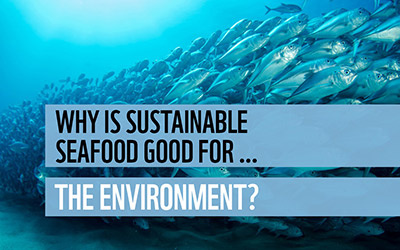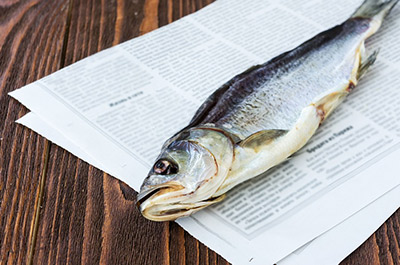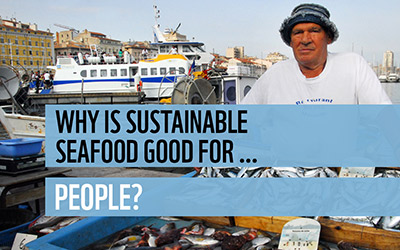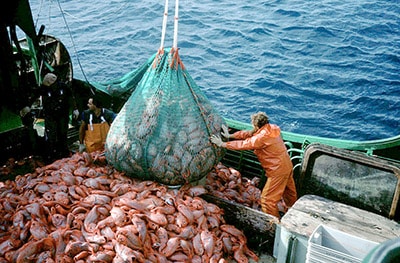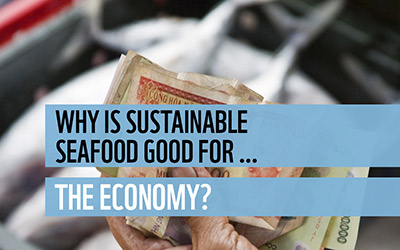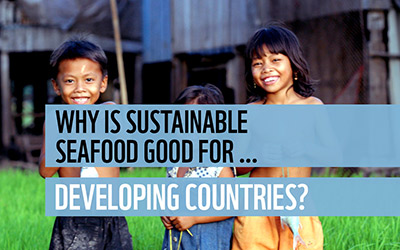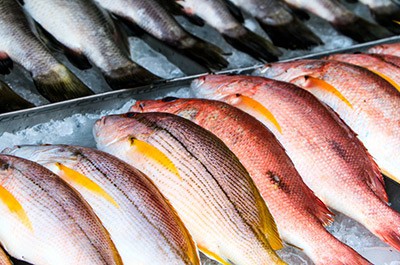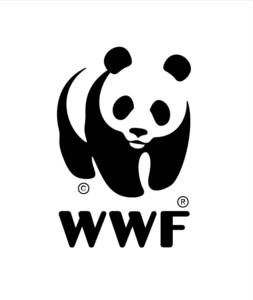Fishing methods – a question of intelligence
More intelligent fishing methods reduce accidental bycatch and increase fishing efficiency
Less bycatch, catching of fish and other marine species unintentionally in fishing nets or on hooks, means more economically useable catch, more stable fish stocks and healthier seas, in short: more sustainable fishing. One species that is massively affected by bycatch is the sea turtle. Hundreds of thousands are caught year on year. [1]
A way to avoid this is the implementation of so-called ‘turtle excluder devices’ (TEDs) in trawl nets. This is a kind of escape window for turtles. While fish and seafood can swim through a kind of sieve, it is too fine for the turtles and so they are led upwards to a hole in the net and can leave unharmed. In Mozambique, since 2005, TEDs have been compulsory by law and save around 5000 turtles a year. Another development for the turtles’ benefit are circle hooks. They should be used instead of the common ‘J’ shaped hooks on tuna long line fisheries. In a unique pilot project WWF tested the new hooks with 1,300 fishermen over 4 years. The result was overwhelming: Bycatch of turtles was reduced by 90%.[2]
By far, these are not the only innovations in this area. Thanks to the WWF – developed international competition, ‘smart gear’, in recent years, numerous methods have been developed that increase the catch rate for each targeted species and at the same time, significantly reduce undesired bycatch. One of these inventions is called, ‘Super Polyshark’. Scientists from Florida developed pellets that release a deterrent smell to sharks as they dissolve in the water but which are otherwise completely safe and biodegradable. The pellets are put into the bait before it is attached onto hooks on long lines. In an initial test, 71% fewer sharks were caught than when using previous bait.[3]
These examples show that bycatch can actually be avoided. Now it is up to the fishing fleets to take on these and similar methods. Demand from consumers for sustainably sourced fish is a driving force in this.
show references for this article
[1] WWF Factsheet on Bycatch. http://wwf.panda.org/about_our_earth/all_publications/?166941/Bycatch-Factsheet [2] WWF Article. Fishing Technology That’s Letting Turtles Off the Hook. Bycatch Initiative: Eastern Pacific Programme. http://wwf.panda.org/who_we_are/wwf_offices/peru/?143981/Fishing-Technology-Thats-Letting-Turtles-Off-the-Hook [3] WWF International Smart Gear Competition. https://www.worldwildlife.org/initiatives/international-smart-gear-competition















